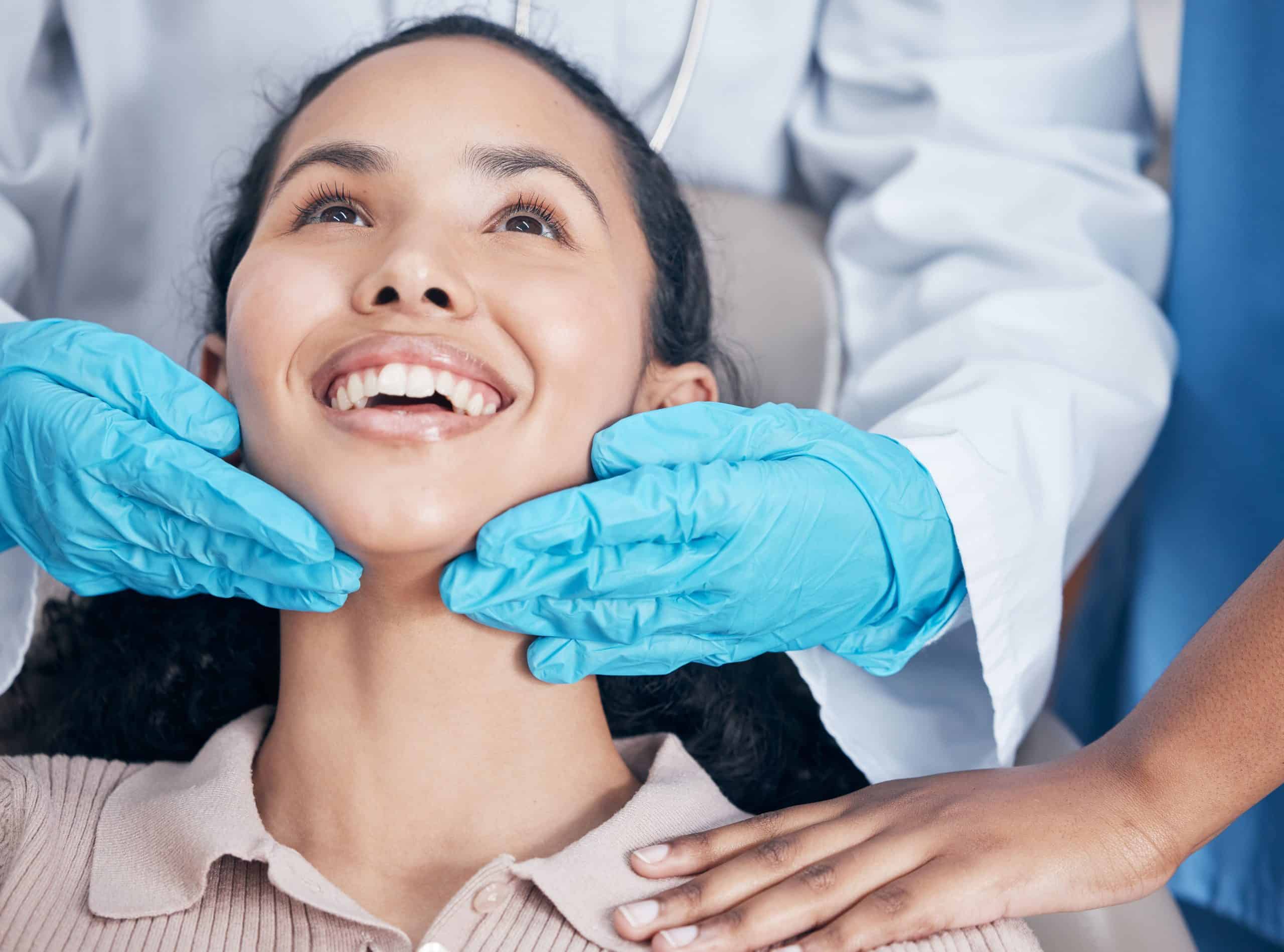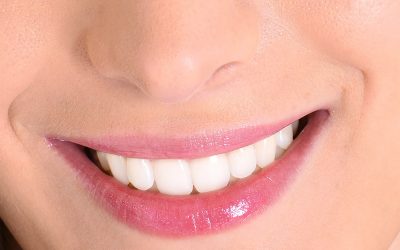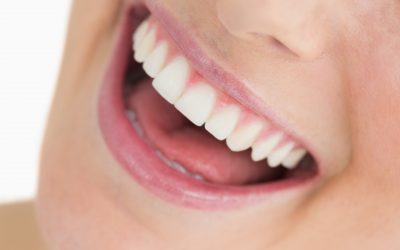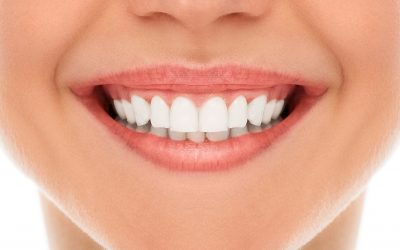Bruxism, clinically mentioned as bruxism, is a considerable obstacle to oral health that people in different age groups are troubled with. As people try to find effective means of coping with the habit, there is an interesting question that comes up: Can braces help to alleviate teeth grinding?
Orthodontists are now considering another possible role for braces–controlling bruxism. This new line of inquiry will cast more light on the relationship between orthodontic treatment and the complex dynamics of teeth grinding. In this exploration we investigate what teeth grinding is, the problems brought about by bruxism, and whether braces may possibly be an answer on which to heap hopes for finding effective management. Explore now.
Straightening your smile with braces not only enhances aesthetics but may also offer relief from teeth grinding, aligning not just your teeth but potentially easing the nightly grind for a smoother, healthier bite.
What is Teeth Grinding?
The impact of upper and lower teeth rubbing against one another is known as bruxism. Though some people may grind their teeth during the daytime, this is more commonly a nighttime problem. Bruxism can range from mild, occasional grinding to severe clenching every single night. People may have no idea that they are doing it until they become ill, or else they are informed by a sleep partner who hears their teeth-grinding pics.
This puts pressure on your teeth and can lead to various dental complaints. Common symptoms of this condition are splitting headaches; jaw pains that never seem to go away; teeth worn down from grinding themselves shut all night long without any stimulus; hypersensitivity around the gums caused by slight shifts in dental pressure; waking up in the middle of the night and not being able to fall back asleep.
The Problem with Bruxism
When you grind your teeth like this, all kinds of problems related to oral health inevitably crop up. The continual rubbing and pressure between the teeth wear away at the enamel on this ever-so-vulnerable surface, causing more sensitivity at various points than usual. When eaten, sugars that splatter directly onto those areas now enter actual cracks instead. This leads to more cavity formation and increased susceptibility for bacteria living in similar cracks. After a while, chewing may become painful, and teeth start breaking.
One of the most severe problems of bruxism is that it can cause temporomandibular joint (TMJ) disorder. The significant overpressure the jaw joint undergoes when grinding your teeth leads to symptoms of TMJ and pain, discomfort, or difficulty opening and closing a wide mouth because one of those joints is not getting lubricated well enough with saliva.
How Can Braces Help You Stop Grinding Your Teeth?
Braces or teeth grinding Invisalign, a primary method of correcting misalignments in teeth, could help bruxism patients. Bruxism is often caused by misaligned teeth (upper and lower), which cannot close properly together. Braces can correct these abnormalities so that when one bite, the force is distributed, and the chances of grinding are reduced.
Bear in mind, however, that braces may not always be a complete palliative for bruxism. Besides misalignment, other factors contributing to bruxism require attention as well. Stress and anxiety are common triggers, and these can be treated separately with the use of stress management techniques or counseling. It will take more than braces- a comprehensive treatment must be available.
How to Prevent Teeth Grinding
Delayed or advanced teeth grinding can cause extensive harm to the teeth.
Relax Techniques:
Meditation or deep breathings and practices such as yoga that reduce the impact of stress –teeth grinding mainly occurs when stressed out like this. The ever-increasing impact of bruxism is not only dangerous to the teeth but is life-threatening in and of itself.
Dental Splints or Mouthguards:
Dental splints and mouthguards manufactured by a dentist for my tailored needs are a protective barrier. When you put a cushion between the two sets of teeth, they can reduce damage from grinding forces to tolerable levels. This way, our proactive solution can help with bruxism.
Braces for Malocclusion:
Braces can correct malocclusion of teeth to redistribute the bite forces more evenly across them. They bring the overall pressure down beyond just easing up on any particular side, stopping teeth grinding before it starts, and, therefore, will nicely take care of associated problems.
Watching Stimulants:
Moderating Caffeine Body-centric moderates aerides: Reduce or rid yourself of stimulants –and especially caffeine –in the evening. Stimulants cause arousal and may enhance the symptoms of teeth grinding. Moderating caffeine to stay calm promotes a more peaceful mental state, which is conducive to bruxism prevention.
Sleeping Habits that are Good:
Come up with a regular time to go to bed and wake up. A consistent sleep rhythm benefits the overall health of the teeth and helps cut the teeth-grinding sessions to occur with bruxism.
Teeth Grinding Causes
Stress and Anxiety:
Many people grind their teeth only when they’re under a great deal of strain. Under stressful conditions, a person’s subconscious often causes the body to react in various ways–and during sleep, this can result (such as grinding your teeth unconsciously). People who are in a state of constant torment or anxiety may get relief from these stress management techniques.
Malocclusion:
Malocclusion, or misalignment of the teeth, significantly contributes to bruxism. Teeth in this state of misalignment, with the jaws trying to find their most comfortable position as their owner sleeps, end up grinding tooth to tooth wrongly because they are not aligned properly. Orthodontic treatments like braces can correct malocclusion and thus alleviate bruxism symptoms.
Sleep Disorders:
Sleep apnea and chronic snoring, like bruxism, can arise from the body’s efforts to open the blocked airway and prevent breathing problems during sleep times. This leads to teeth grinding in sleep symptoms (clenching of teeth).
Lifestyle Factors:
Certain aspects of your lifestyle can increase the risk of bruxism, such as smoking, heavy alcohol consumption, and recreational drug use. An examination of these factors may well help to reduce or even eliminate teeth grinding.
Medications:
Individuals taking some kinds of medicine- the ones affecting the central nervous system are notorious in this respect- may grind their teeth in their sleep through such side effects.
Bottom Line
You need to consult a dentist to determine your appropriate treatment strategy. The dentist will evaluate the severity of your bruxism and recommend which course of treatment is best for your condition in light of contributing factors. It may involve several different kinds of treatment combined, such as braces, occlusal splints, and methods designed to help you better tolerate stress. For the best approach you can seek, Dr. Savita Chaudhary, who offers amazing dental services to her customers.




